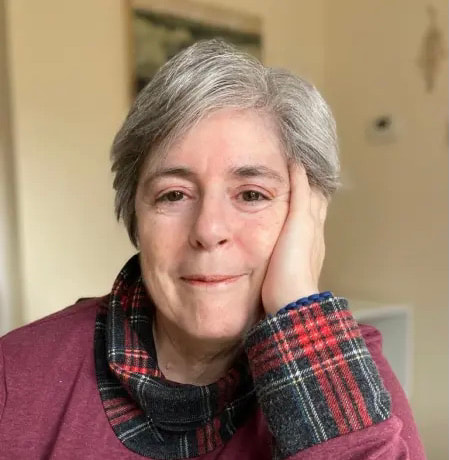Meet our panel of expert adjudicators!
|
June Armstrong
"Composing is a wonderful way to learn about how music is ‘put together’, to learn about how to construct musical sentences, to phrase and to punctuate, but more importantly, how to make sounds which please the ear and delight the senses.” |
Lindsey Berwin
"One of the aspects of composing that I love the most is the variety of methods available. From the intellectual construction of a fugue or a sonata, to the emotional exploration of a rhapsody, the possibilities are endless." |
|
Murray McLachlan
"I believe all performers should at least try their hand at composition. Composing and interpreting are far closer to each other than may at first appear: when we balance chords, shape phrases, add ornamentation in 18th century music or ‘orchestrate’ music from the romantic period we are in a sense ‘composing’ (literally ‘putting together’) musical elements in a creative way. Playing and writing are on the same spectrum. If playing notes written by others stands at one end of it, then creating your own ‘original’ notes may well stand at the other. Writing transcriptions and cadenzas come in the middle. Certainly we should never put ‘creativity’ in a separate box from ‘recreativity’. Everyone who plays should at least try to explore the vibrant possibilities that open out when free composition is explored - without inhibition. No one should feel afraid of expressing themselves." |
Nikolas Sideris
"Composing is the way to communicate your ideas and your feelings to those who will play or hear your work, to give something that most of the time cannot be expressed by words. This is why it is so important to me and to the whole world." |





